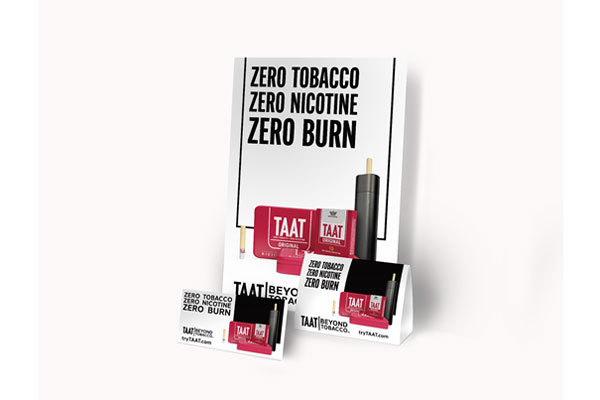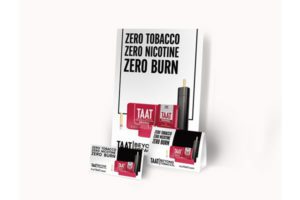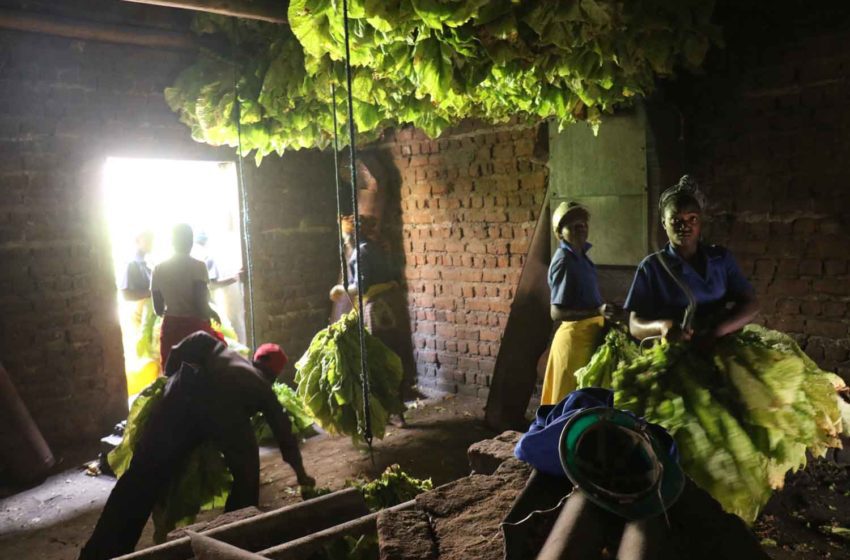
Kaival Brands’ revenues decreased by approximately $15.7 million in the second quarter of fiscal year 2022, compared to the same period of fiscal year 2021. Compared with the first quarter of 2022, however, revenues rose 11 percent.
Gross profit in the second quarter of fiscal year 2022 was approximately $387,700, or approximately 12.7 percent of revenues, net, compared to approximately $6.3 million gross profit, or approximately 34.6 percent of revenues, net, for the second quarter of fiscal year 2021.
In February 2022, Bidi Vapor was granted a judicial stay on the marketing denial order (MDO) previously issued by the U.S. Food and Drug Administration prohibiting the marketing and sale of nontobacco flavored Bidi Sticks, which had significantly impacted Kaival Brands’ revenues in previous quarters.
As a result of the grant of the judicial stay of the MDO, the company’s revenues increased in the second quarter of fiscal 2022, as compared to the first quarter of fiscal 2022. Kaival Brands expect this trend to continue as renewed distribution ramps up and sales of nontobacco flavored Bidi Sticks increase, subject to the court ruling in Bidi Vapor’s favor in the pending merits-based case, and subject to the FDA’s enforcement discretion.
“Our results demonstrate strong execution and resiliency in our business, as revenues in the second quarter of fiscal year 2022 rose 11 percent as compared to revenues in the first quarter of fiscal year 2022,” said Kaival Brands founder and CEO Niraj Patel in a statement.
“The recently announced international licensing agreement with Philip Morris Products, a wholly owned affiliate of Philip Morris International, is a major milestone in the company’s efforts to expand the global sales and distribution of the Bidi Stick. From a balance sheet perspective, the international licensing agreement has the potential to generate substantial returns on capital for the company, given the low cash investment needed to reach a significant number of potential new consumers.”


















